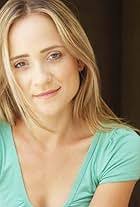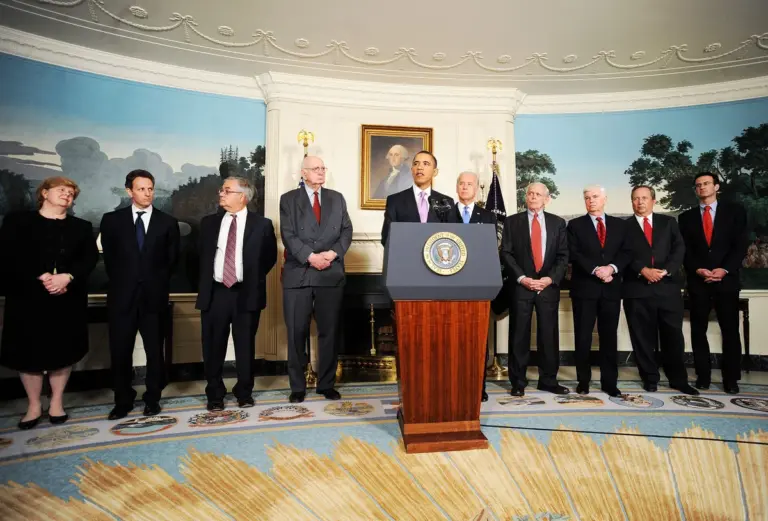
Introduction
Rachel Riley, best known for her role as the numbers expert on the British television show Countdown, has become a prominent figure in both the entertainment industry and the realm of mathematics. Her ability to blend complex mathematical concepts with engaging television is not just entertaining; it significantly impacts how audiences perceive math as a subject. As a young female mathematician in a predominantly male field, Riley’s influence extends beyond television, advocating for education in STEM (Science, Technology, Engineering, and Mathematics).
Career Highlights
Born on January 11, 1986, in Rochford, Essex, Riley exhibited a talent for mathematics from a young age, eventually studying mathematics at the University of Oxford. She gained widespread fame after joining Countdown in 2009, where she took over from the original mathematician, Carol Vorderman. Since then, Riley has brought a fresh perspective to the show, captivating audiences with her quick calculations and charming personality.
In addition to her work on Countdown, Riley has made numerous appearances on other television programs, such as The Gadget Show and It’s Not Rocket Science. Her versatility as a presenter has contributed to her popularity, showing that math can be both fun and accessible. Furthermore, Riley has actively engaged in educational initiatives, collaborating with various organizations to promote mathematics among young people.
Recent Endeavors and Advocacy
Riley’s recent projects have solidified her status as a role model for women in STEM. In 2022, she collaborated on a campaign titled “Maths Is Sexy,” aiming to challenge stereotypes around the mathematics field and encourage more women to pursue careers in this area. Her efforts extend to social media, where she actively shares math-related content and insights, making the subject relatable and appealing to a broader audience.
Conclusion
Rachel Riley stands as a beacon for the merging of mathematics and media, proving that math is not just for academics but can also thrive in popular culture. As she continues to break down barriers in her field, her influence on education and perception of math will likely continue to grow. Riley’s advocacy for STEM education shows the importance of representation and might inspire the next generation of mathematicians, proving that with confidence and creativity, anyone can excel in mathematics.



